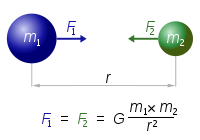There are no established relationships between the Newtonian gravitational constant $G$ and other fundamental constants, so there is no way to derive its value from other quantities. Its value must be measured experimentally, but there have been some surprises. The results obtained in recent years are sometimes in tension to each other (a nice plot can be found in this Nature article). This inconsistency between the results has even caused some speculations and discussions [1],[2],[3].
However, several modern quantum gravitational theories produce expressions that would in principle allow predictions of $G$. I would be interested in the numerical values of $G$ that these theories predict. It would be good to know how these values fit into the landscape of experimental results. And in the future, when better experimental values for $G$ are available, they would help to confirm or refute such theories, which could otherwise be difficult to test.
Are there any numerical predictions for $G$ from modern theories?

